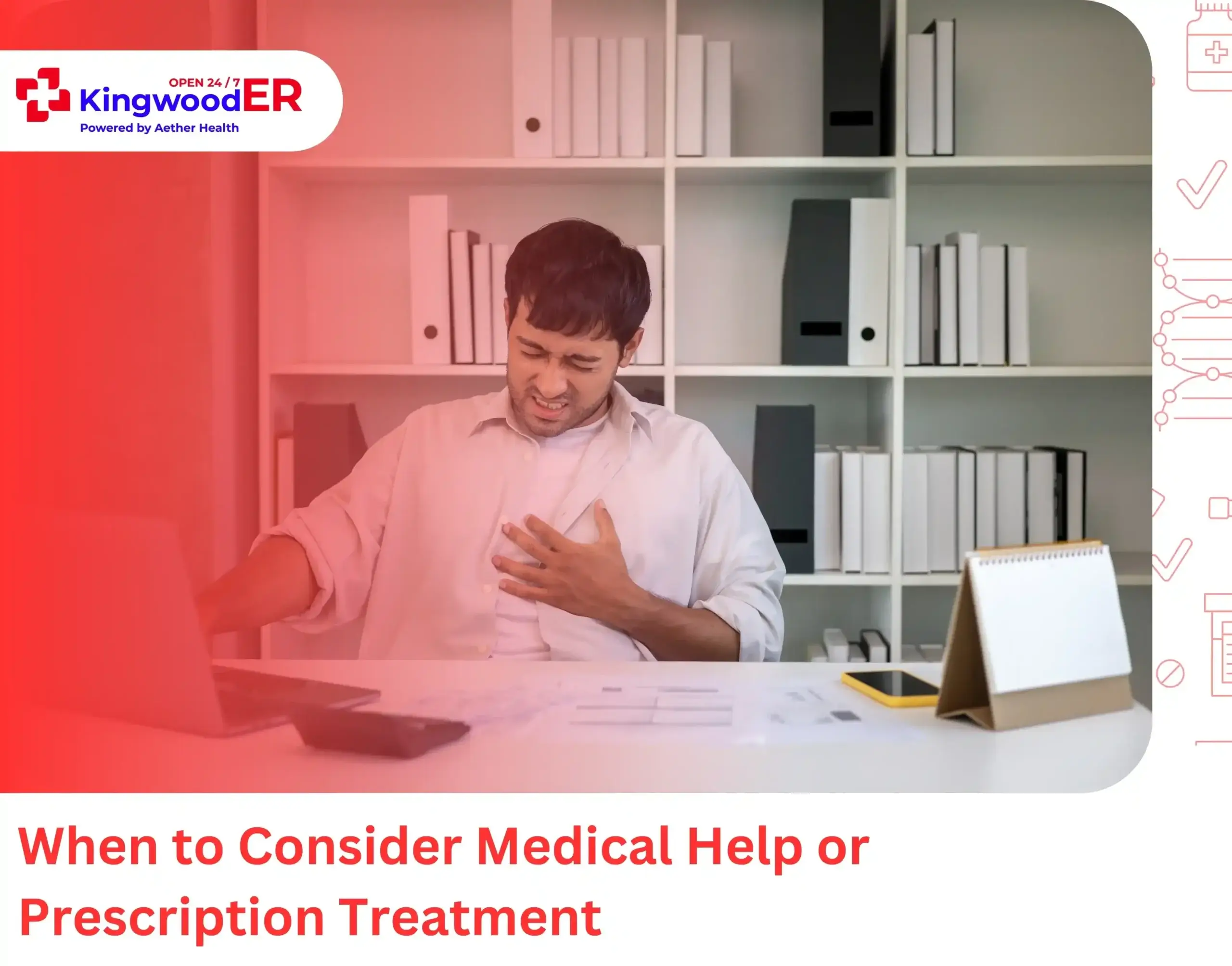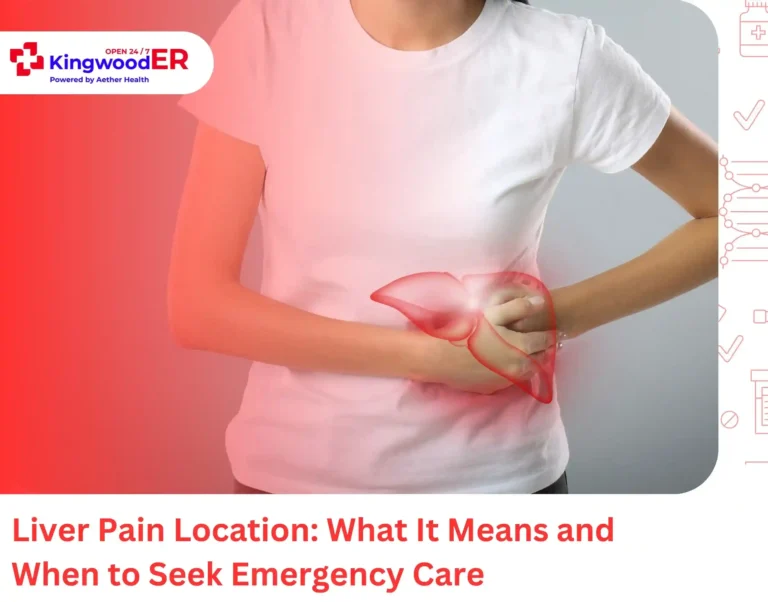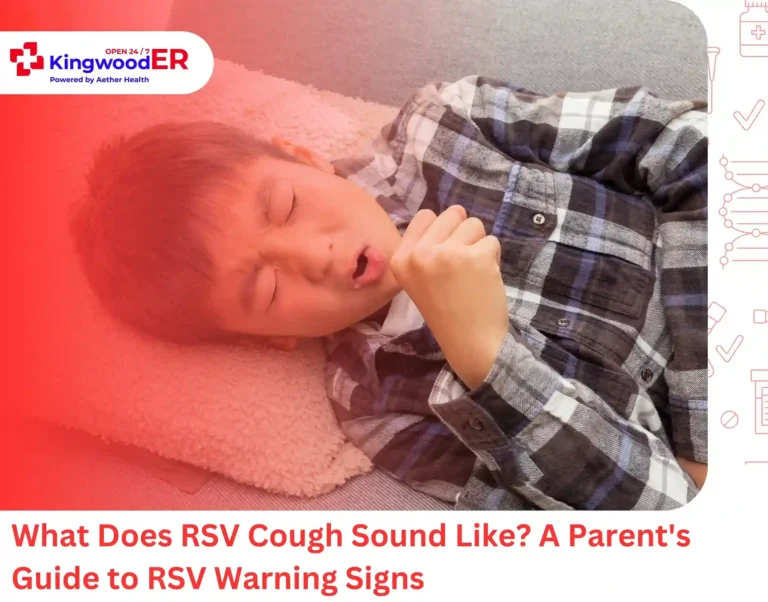Every time you ignore acid reflux, small amounts of stomach acid may be silently damaging your esophagus (food pipe). Acid reflux happens when stomach acid flows back into the food pipe and causes a burning sensation in the chest or throat.
If acid reflux isn’t managed properly, it can lead to complications such as ulcers, bleeding, or Barrett’s esophagus, a condition that increases the risk of esophageal cancer. But when you understand what triggers it and what provides fast relief, you can prevent that acid from causing further harm.
So, let’s explore how to relieve acid reflux fast and what steps prevent it from causing further harm.
Why Stomach Acid Backs Up into the Esophagus

Acid reflux is a reaction inside your digestive system. Stomach acid moves upward and irritates the lining of the esophagus (the tube connecting your mouth and stomach).
Normally, a small valve at the bottom of the esophagus called the lower esophageal sphincter (LES), opens when you swallow and then closes to keep stomach contents in place. If it weakens or relaxes at the wrong time, acid slips back up, causing burning in your chest or throat.
Common Reasons Why Acid Reflux Happens:
The following factors relax the lower esophageal sphincter (LES), increasing the likelihood of reflux:
- Large meals
- lying down after eating
- Smoking, and alcohol
- Obesity
- Pregnancy
- Foods like spicy dishes, caffeine, and chocolate
Common Symptoms You Can Feel
Acid reflux feels different for everyone, but the most common symptom is heartburn. Besides that, you can feel:
- A burning sensation or chest pain after eating
- A sour taste in your mouth or notice food coming back up into your throat.
- Some people experience hoarseness, cough, or a lump-like feeling in the throat.
How to Relieve Acid Reflux Fast: 4 Immediate Actions
When acid reflux strikes, quick relief is all you want. While long-term changes help prevent future flare-ups, these evidence-based actions can calm the burn within minutes.
1. Use of Over-the-Counter Antacids or Acid-Reducers
Over-the-counter medicines are often the first line of defense when heartburn hits.
- Antacids neutralize existing stomach acid and usually start working within minutes. They are effective for short-term relief but don’t heal the esophagus or prevent future reflux.
- H2 blockers reduce acid production and take about 30–60 minutes to work. They’re helpful if your symptoms return regularly.
- Proton pump inhibitors (PPIs) work more slowly but offer longer relief when taken daily. However, they shouldn’t be used continuously without medical advice.
2. Quick Behavioural Fixes
Small posture and movement changes can make a big difference when acid starts to rise.
- Sit up straight or stand after eating. Gravity helps keep acid where it belongs, in your stomach. Harvard Health also notes that lying down or slouching increases reflux symptoms.3
- Loosen your belt or waistband. Tight clothes press on your stomach, pushing acid upward.
- Chew sugar-free gum (not mint). It increases saliva, which helps neutralize acid in your throat. A small study found gum can ease symptoms within minutes by washing acid back into the stomach.
3. Simple Food or Drink Options That May Help Immediately
Some mild, low-acid foods can provide short-term comfort while your stomach settles.
- Bananas act as a natural antacid and are gentle on the stomach.
- A glass of skim or plant-based milk can coat your esophagus and ease burning for some people. Drinking low-fat options is better than whole milk.
- Warm water with a few sips of honey may soothe the throat and reduce irritation.
4. Sleep and Posture Tweaks if It Happens at Night
Nighttime reflux is common, and a few position changes can help prevent acid from rising.
- Elevate your head and chest 6–8 inches while sleeping, use gravity in your favor.
- Avoid lying down for at least 2–3 hours after eating, especially after a large or spicy meal.
- Sleep on your left side. Studies show this position may reduce nighttime reflux compared to sleeping on the right.
Home Remedies and Lifestyle Tweaks for Acid Reflux Relief

Medication can calm acid reflux, but long-lasting relief often comes from everyday habits. These simple, science-backed changes can make symptoms milder over time.
1. Eat Smaller Meals
Your stomach handles small meals better than heavy ones. Large portions stretch your stomach and put pressure on the lower esophageal sphincter (LES), increasing your risk of reflux.
- Avoid Lying Down Right After Eating
Wait at least 2 to 3 hours after eating before lying down or going to bed. This allows time for digestion and helps keep stomach acid in place.
3. Recognise and Avoid Your Personal Trigger Foods
Certain foods are known to relax the LES or increase acid production. Common culprits include spicy meals, chocolate, caffeine, fatty or fried foods, mint, and citrus fruits.
- A 2021 review published in the Journal of Gastroenterology found that people who tracked and avoided trigger foods saw a clear drop in reflux episodes.4
- Keeping a food and symptom diary can help you identify what worsens your condition.
4. Maintain a Healthy Weight, Stop Smoking, Limit Alcohol
Extra weight around your abdomen adds stomach pressure and weakens the LES. Losing some weight helps.
Simple steps:
- Replace high-fat, fried snacks with baked or grilled versions.
- Set a “no food 3 hours before bed” rule.
- Reduce alcohol intake to occasional light use or avoid it entirely if you’re sensitive.
When to Consider Medical Help or Prescription Treatment

Occasional heartburn usually isn’t serious. Frequent or severe reflux can mean something is wrong. If symptoms don’t improve with lifestyle changes or over-the-counter treatments, see a healthcare provider.
Warning Signs That Demand a Doctor Visit
If you notice any of the following, don’t ignore them, they may point to a more serious condition:
- Difficulty swallowing (dysphagia): This could mean inflammation or narrowing of the esophagus.
- Unexplained weight loss: Persistent reflux can make eating uncomfortable, leading to reduced appetite and nutritional issues.
- Vomiting blood or black stool: These can be signs of bleeding in the digestive tract and need urgent medical care.
- Chest pain: Always rule out heart problems. Seek immediate medical attention if pain radiates to your arm, jaw, or neck.
- Persistent cough or hoarseness: Acid reaching the throat can irritate the vocal cords or airways.
Final Thoughts
Managing acid reflux effectively means taking action now and planning for the long term. You’ve learned how reflux occurs, how to relieve it quickly, how to build lifestyle habits that reduce flare-ups, and when it’s important to seek professional help.
If the burning in your chest ever becomes unbearable or persistent, seek immediate medical care at ER Kingwood. Our medical team is available 24/7 with on-site diagnostic imaging, advanced lab testing, and fast-acting treatments to ease discomfort and protect your digestive health.
FAQs
1. Can stress cause acid reflux?
Not directly, but stress increases stomach acid and slows digestion, which can make reflux worse.
2. Is water good for acid reflux?
Yes, small sips can wash acid down and ease burning. Avoid drinking large amounts right after meals.
3. Can acid reflux feel like heart pain?
It can. Reflux pain burns after eating or lying down, while heart pain may spread to your arm or jaw. Always get checked if unsure.
4. What’s the difference between reflux and GERD?
Reflux happens occasionally. GERD is chronic reflux that causes inflammation or other complications.
5. Does sleeping position matter for reflux?
Yes. Sleeping on your left side or with your head raised helps keep acid from rising.




